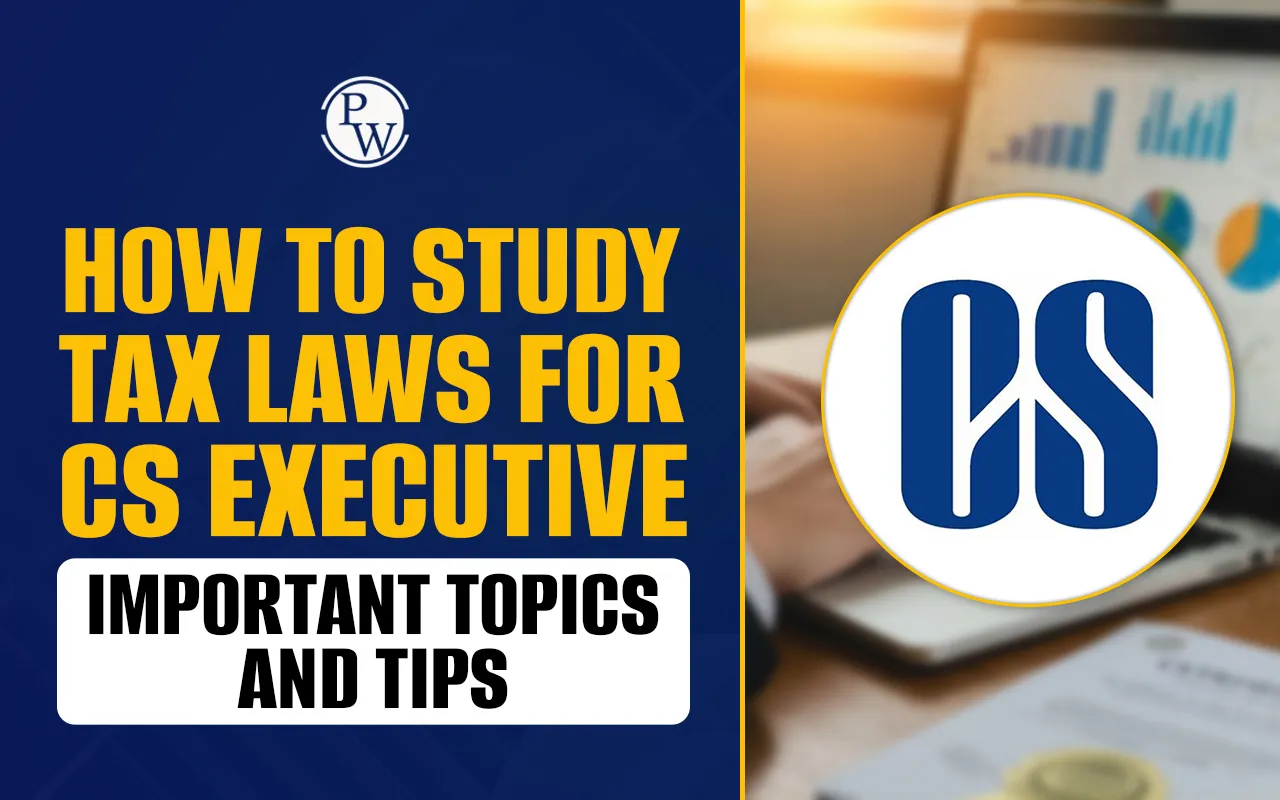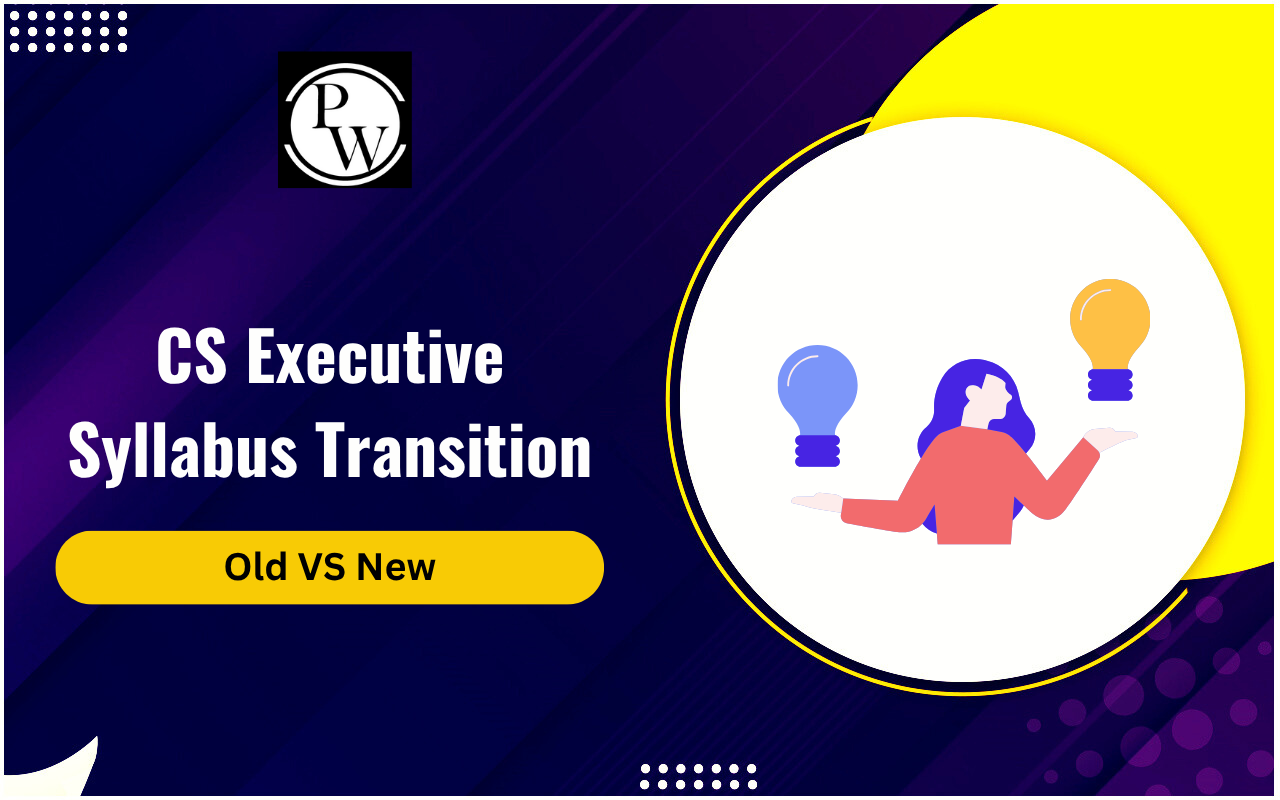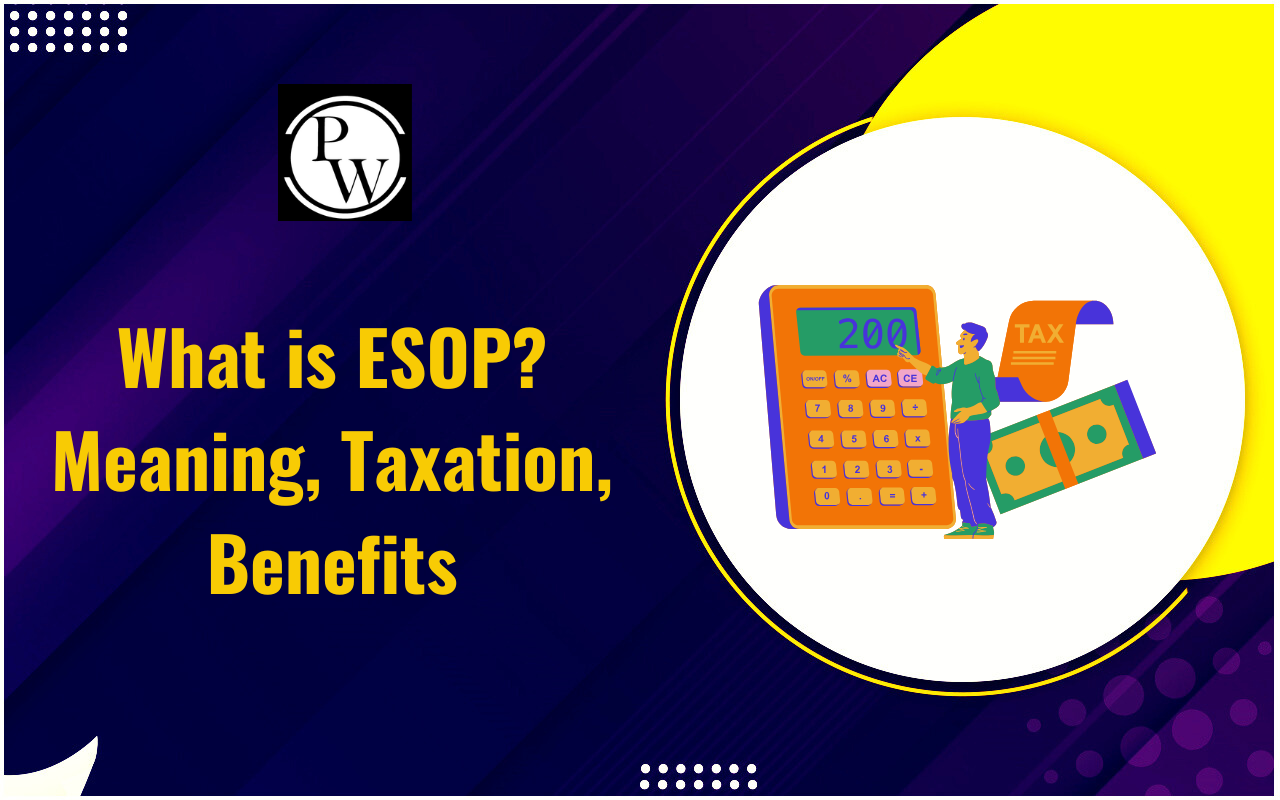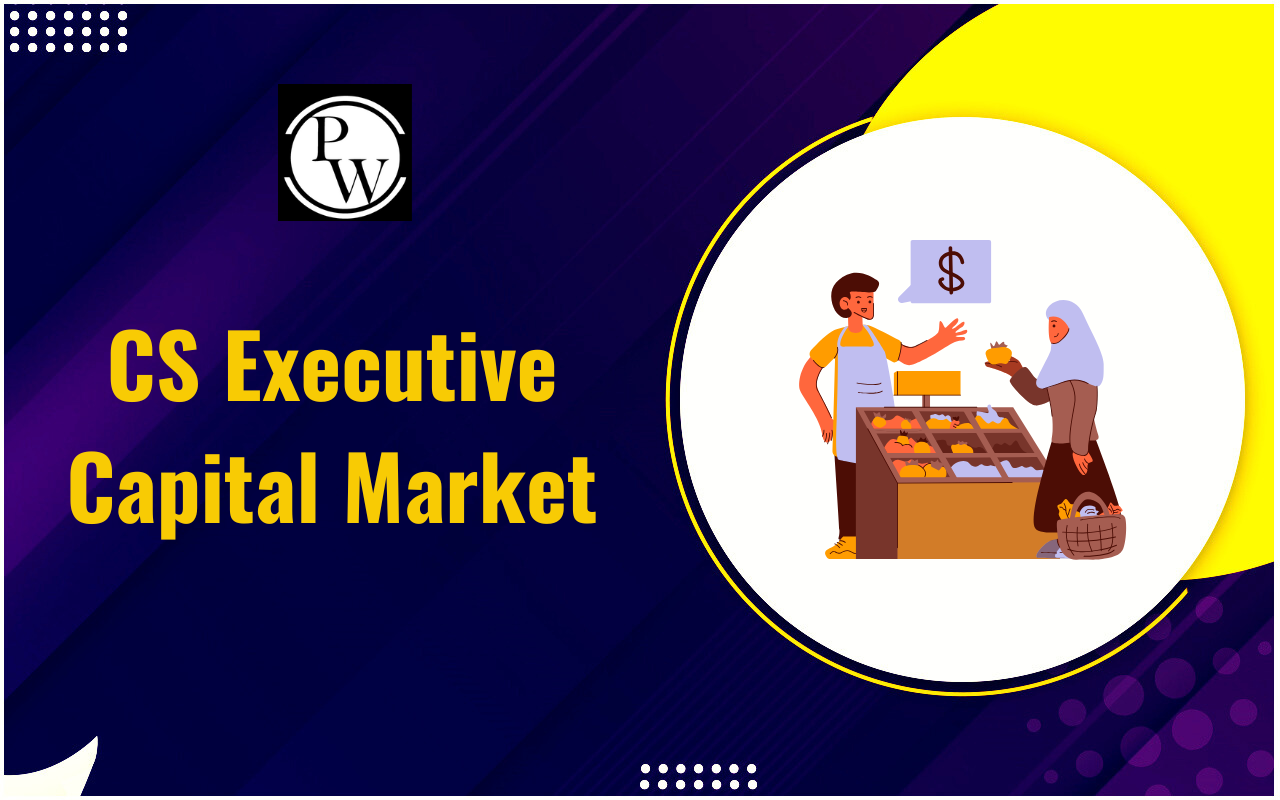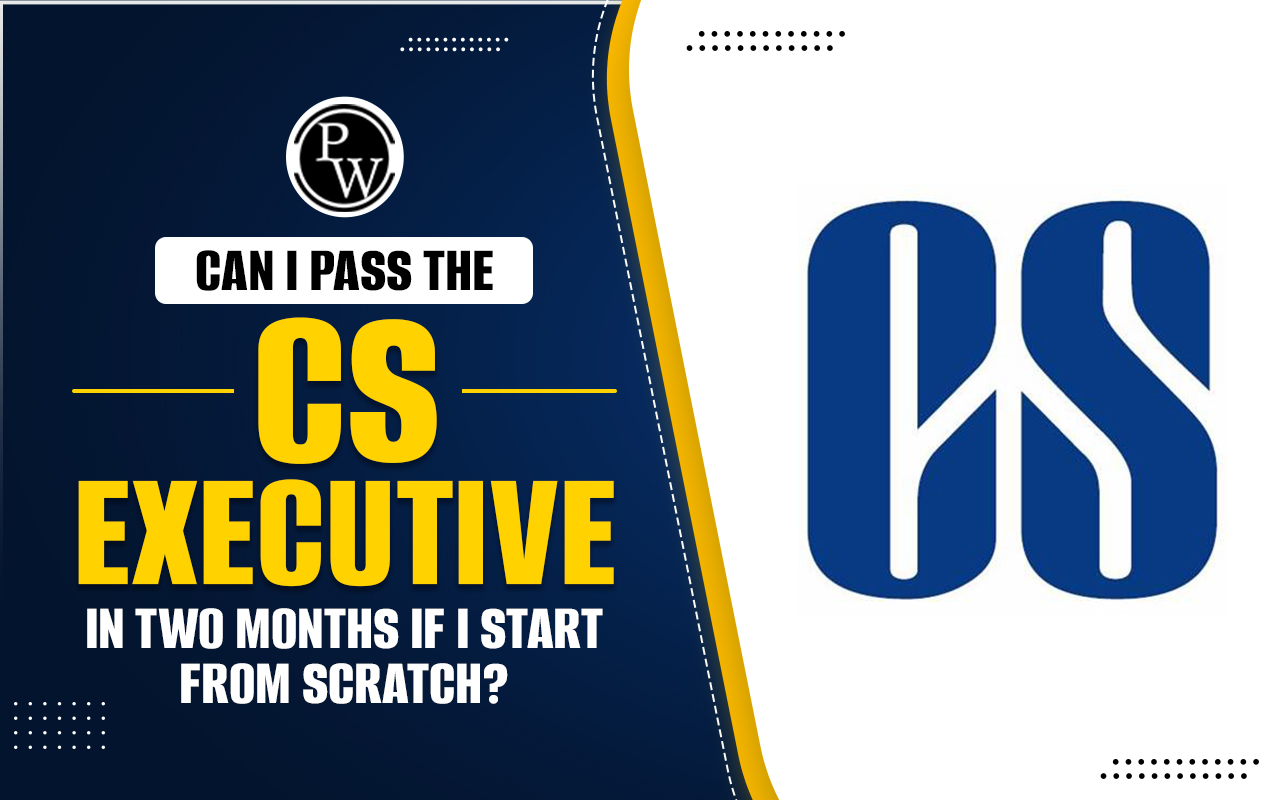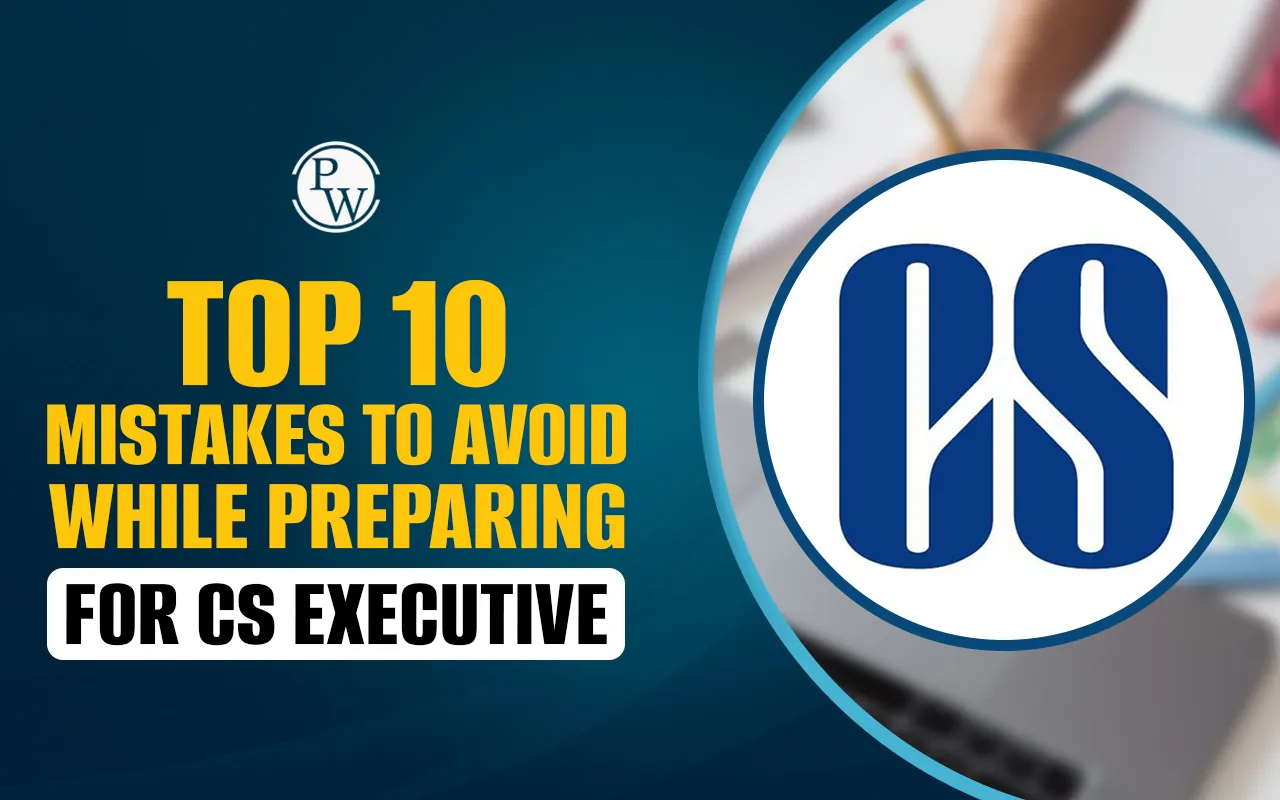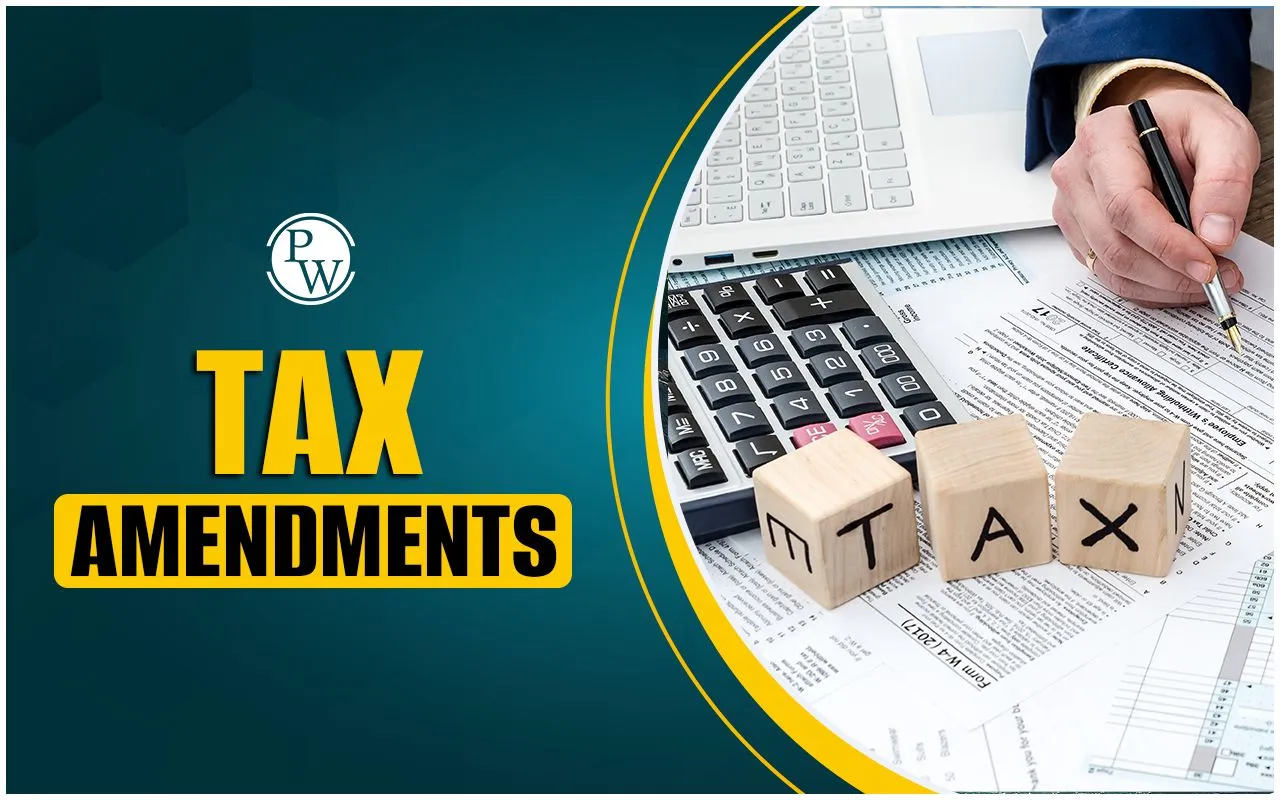
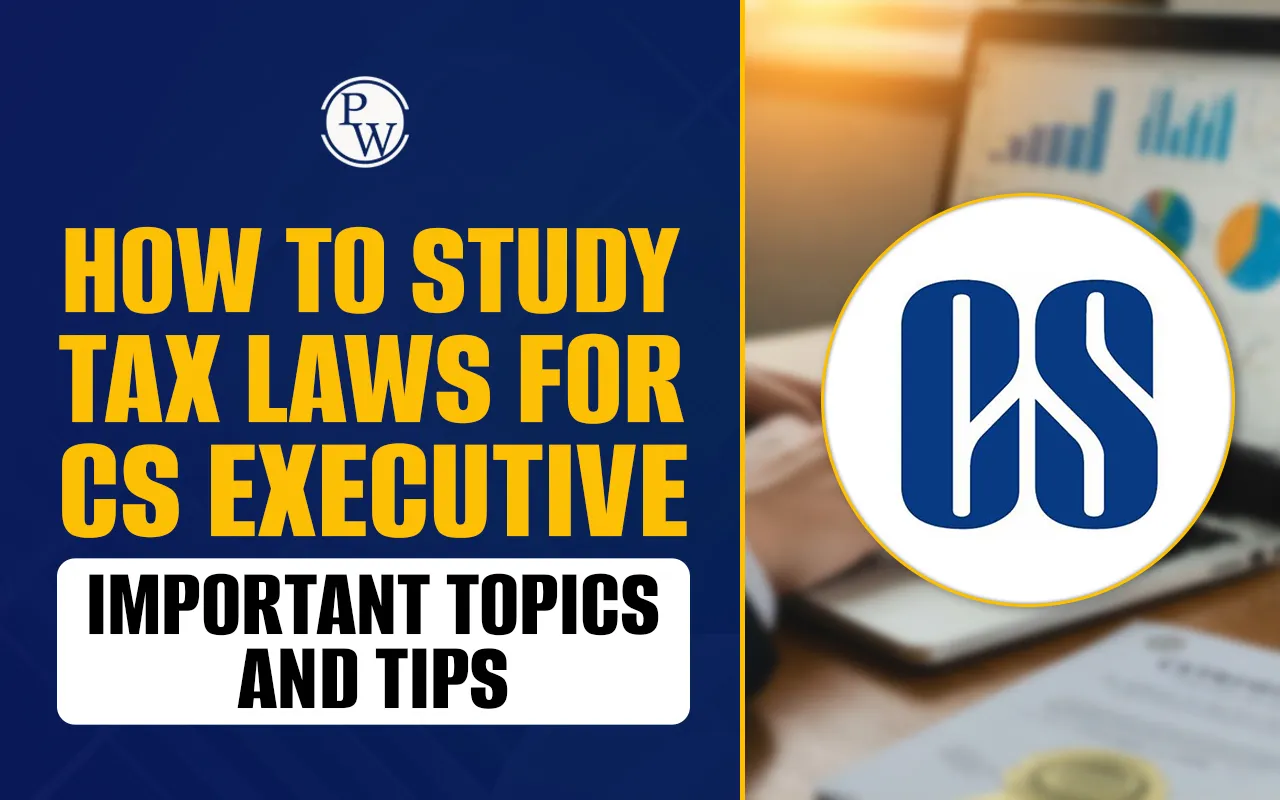
Tax laws are a crucial part of the CS Executive syllabus, requiring in-depth understanding and application-based learning. The subject covers both direct and indirect taxes, making it essential for students to adopt a strategic approach to master the concepts. In this guide, we will explore how to study tax laws for CS Executive, important topics to focus on, and tips to enhance preparation.
Understanding the Importance of Tax Laws in CS Executive
Taxation plays a vital role in corporate governance and compliance, making it one of the most significant subjects for CS aspirants. How to study tax laws for CS Executive effectively is a common concern among students due to the vast syllabus and frequent amendments in tax regulations.
By mastering tax laws, CS professionals can assist companies in tax planning, compliance, and regulatory adherence. This knowledge is essential for advising businesses and ensuring legal tax filings.
Important Topics for CS Executive Tax Laws
Taxation is a vast subject, and focusing on key topics can streamline preparation. Below are the most crucial areas that students should prioritize for better understanding and exam performance.
Direct Taxes (Income Tax Law & Practice)
- Basic Concepts and Residential Status: Understanding tax liabilities based on residential status is fundamental.
- Computation of Total Income: Learn about income from salaries, house property, business & profession, capital gains, and other sources.
- Deductions under Chapter VI-A: Important sections such as 80C, 80D, and 80G require in-depth study.
- Clubbing of Income and Set-Off & Carry Forward of Losses: Essential for tax planning.
- Assessment and Appeals: Covering assessments, rectifications, and appeal procedures.
Indirect Taxes (GST Law & Practice)
- Basic Concepts of GST: Understanding the structure, applicability, and importance of GST.
- Levy and Collection of GST: Key provisions related to taxable events and chargeability.
- Time, Place, and Value of Supply: Important for determining tax liabilities.
- Input Tax Credit (ITC) & Composition Scheme: Crucial for tax planning.
- Registration, Returns, and Payment of GST: Compliance requirements for businesses.
How to Study Tax Laws for CS Executive: Step-by-Step Approach
Mastering tax laws requires not just theoretical knowledge but also practical application. Below are some recommended strategies to enhance your preparation and improve retention.
1. Understand the Syllabus and Weightage
Before diving into preparation, it is essential to analyze the CS Executive tax laws syllabus. The subject is divided into two main parts:
- Direct Taxes (Income Tax Law & Practice)
- Indirect Taxes (Goods and Services Tax – GST)
Each section carries substantial weightage in the exam. Thus, understanding the distribution of marks can help prioritize topics effectively.
2. Refer to ICSI Study Material
ICSI study material is the best source for how to study tax laws for CS Executive. It provides structured content, case studies, and examples that align with the exam pattern. Along with this, referring to additional books for practice can be beneficial.
3. Stay Updated with Amendments
Tax laws are dynamic, with frequent amendments. It is crucial to follow the latest Finance Act updates and ICSI notifications regarding taxation syllabus changes.
4. Make a Topic-Wise Study Plan
A well-structured study plan is essential for how to study tax laws for CS Executive. Allocate time based on the complexity and weightage of topics.
4. Make Summary Notes
Tax laws involve numerous provisions and sections. Making concise notes will help in quick revision before the exams.
5. Use Flowcharts and Tables
Visual representation of tax concepts, such as slab rates, deductions, and GST applicability, can simplify complex topics.
6. Solve Previous Years’ Papers and Mock Tests
Practicing past year’s question papers and attempting mock tests will help in understanding the exam pattern and time management.
7. Join Online Classes or Study Groups
Enrolling in online coaching or joining study groups can provide additional insights and clarify doubts.
8. Stay Updated with Case Laws and Amendments
Following ICAI and ICSI updates for recent amendments and case laws is vital for scoring well in the tax laws exam.
9. Practice Numerical Problems
Taxation involves numerous calculations related to income tax liability, deductions, and GST computation. Practicing numerical questions will enhance application skills.
Understanding how to study tax laws for CS Executive requires a structured approach, continuous practice, and staying updated with amendments. By focusing on important topics, practicing numerical questions, and revising regularly, students can efficiently prepare for the exam and secure good marks.
By implementing the right strategies and using the right resources, CS aspirants can gain a stronghold on tax laws and ensure success in their professional journey. Keep yourself updated, practice consistently, and follow a disciplined study plan to excel in the CS Executive tax laws exam.
Join PW CS Online Courses and build a strong foundation in corporate laws and governance with structured learning and dedicated support.
| Also Check |
| CS Executive Study Material 2025 |
| CS Executive Exam June 2025 |
| ICSI CS Executive Pre Exam Test |
| CS Executive Exam Form June 2025 |
| CS Executive Chapter-Wise Weightage |
How to Study Tax Law for CS Executive FAQs
What are the recommended books for studying tax laws for CS Executive?
How frequently do tax laws change, and how can I stay updated?
Is it necessary to memorize all tax sections for the exam?
How can I effectively revise tax laws before the exam?

